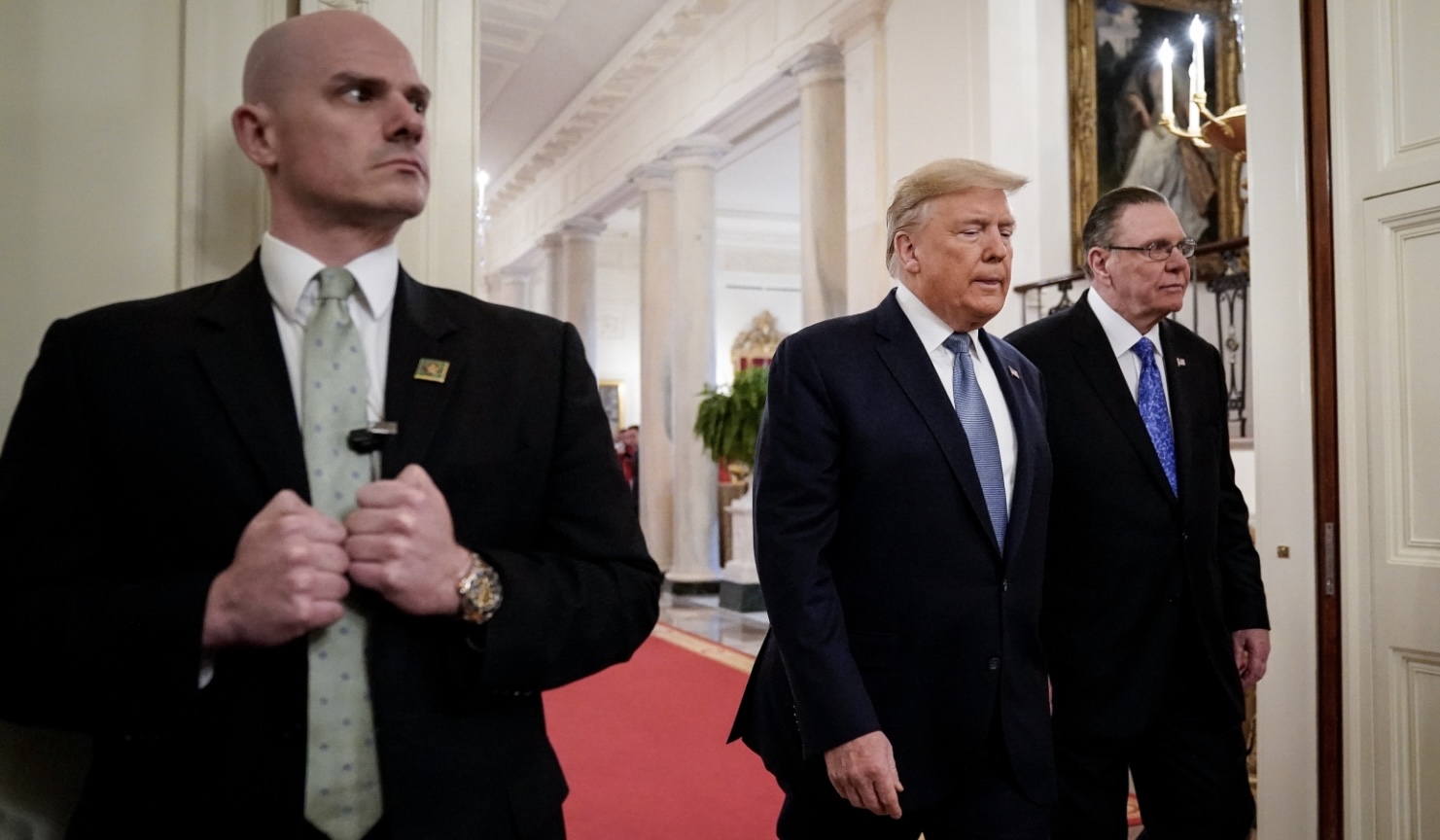Issues with DEI Policy Execution at the Secret Service
Recent reports by political journalist Susan Crabtree have raised concerns about the pace of policy changes within the U.S. Secret Service under its new leadership. Appointed by President Trump to carry out his directive to eliminate Diversity, Equity, and Inclusion (DEI) programs, the new head of the Secret Service has faced internal resistance. The main issue revolves around the administration’s goal of halting DEI-related hiring and training programs, an initiative stemming from an executive order issued by Trump. However, insiders suggest that the agency has not fully implemented these changes as expected.
According to Crabtree’s reports, some Secret Service agents continue to be accommodated under the existing DEI framework, despite the mandate to eliminate such programs. A case cited by sources within the agency involves a transgender special agent trainee, who was assigned female gender at birth but later transitioned to male. The agent reportedly wished to continue adhering to female physical training standards and preferred to be addressed using feminine pronouns. This accommodation, which appears to be in conflict with the administration’s goal of dismantling DEI programs, has reportedly caused unrest among certain male agents within the agency.
Crabtree’s post raised alarm that the Secret Service, under Director Sean Curran, had not moved quickly enough to implement President Trump’s executive order, which mandates all federal agencies to end DEI-related hiring practices and training programs. The directive has sparked growing concerns among Secret Service staff, with some agents voicing their dissatisfaction about the apparent delay in enforcing the president’s orders.
Adding to the controversy, Crabtree also referenced an incident during a training exercise at the Secret Service’s Rowley Training Center, which further fueled the debate over agency policies. A female special agent trainee, who had previously worked as a Uniformed Division officer at the White House, reportedly shot herself in the thigh during a nighttime drill. Though the injury was not life-threatening, doctors decided to leave the bullet in her leg to avoid causing further harm. The trainee, described as a “legacy hire” due to her family’s long history with the Secret Service, was reportedly allowed to return to training despite the injury. The incident raised additional questions about the Secret Service’s training practices and how incidents like these should be handled in light of broader policy shifts.
While the Secret Service has faced criticism for not swiftly implementing the DEI elimination order, other federal agencies appear to be moving more quickly to comply. Agencies like the CIA, FBI, and NSA have reportedly taken steps to eliminate DEI programs in accordance with the president’s directive. The CIA, for instance, has dismantled its internal resource groups dedicated to diversity and inclusion, while the FBI has aligned itself with the guidance from the Office of Personnel Management (OPM), no longer prioritizing diversity as a core value.
This shift has prompted a political and public debate. Critics, particularly Senate Democrats, argue that the removal of DEI programs may have negative repercussions. They warn that such policies have been crucial in fostering fairness and accountability, particularly in sensitive agencies such as law enforcement. There are concerns that eliminating DEI programs without clear alternatives could undermine efforts to build a diverse and effective workforce, especially in federal agencies that play critical roles in national security and law enforcement.
On the other hand, proponents of the executive order argue that these changes are necessary for improving efficiency and accountability within the federal government. They assert that a focus on merit-based hiring and performance evaluation will strengthen government agencies, promoting a workforce that is more effective and results-driven. This perspective views the elimination of DEI programs as a way to reduce inefficiencies and unnecessary bureaucratic processes.
The debate surrounding DEI policies and their removal from federal agencies is ongoing. The challenges faced by the Secret Service and other agencies in implementing these changes underscore the complexity of shifting long-established practices and policies. The situation is compounded by incidents like the transgender special agent trainee’s accommodation and the training injury, which highlight the delicate balance between policy changes and the everyday realities of running federal agencies.
As federal agencies continue to navigate the implementation of President Trump’s executive order, questions remain about the long-term impact on federal workforce culture and efficiency. The coming months will likely reveal whether these policy shifts will lead to improved government performance or exacerbate internal challenges and divisions. For now, the Secret Service and other agencies must grapple with the practical and ideological consequences of dismantling DEI programs in favor of a more merit-based approach to hiring and training.
